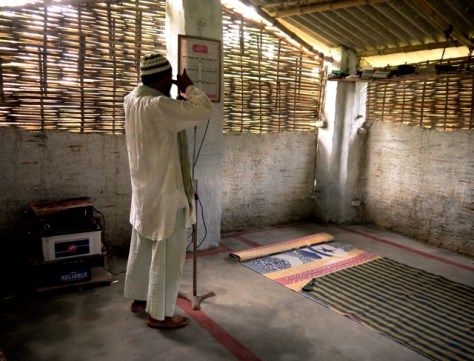This is a guest post by MANISH DUBEY: The Bharatiya Janata Party (BJP) lacks effective presence in several States, including large ones such as Andhra Pradesh (AP), Kerala, Tamil Nadu (TN) and West Bengal (WB) and others in the North-east (NE) barring Assam to an extent, and is unlikely to mount a credible challenge in the 168 Lok Sabha (LS) seats these account for. Its 2014 tally from these States will remain in the lower single digits, as it was in 2004 and 2009. Odisha and Punjab, with 34 LS seats between them, are unlikely to add substantially to the party’s tally either. In Odisha, the ruling Biju Janata Dal (BJD) and the Indian National Congress (INC) are better entrenched. In Punjab, seat sharing arrangements with the locally dominant partner, the Shiromani Akali Dal (SAD)- Badal, will limit potential (individual) pickings for the party. Pickings are also likely to be limited from Jharkhand (14 LS seats) where besides the INC, a number of regional parties, each with strong local bases and candidates, would be in the fray. Till recently, even Karnataka (28 LS seats) would not have provided much hope but things may look up a trifle with Yeddyurappa reportedly negotiating a return or at least some kind of electoral understanding.
The small States and UTs, i.e., those with 10 LS seats or lesser, account for 40 LS seats and the BJP has a mixed LS election record on these, a record much dependent its performance in Delhi’s 7 LS seats. Of the 284 LS seats (over half the 543 LS seats) accounted for by all the above mentioned States and UTs, a realistic tally for the BJP would be about 40, similar to that of the LS elections of 2004 (40 LS seats, including 18 from Karnataka) and 2009 (again 40 LS seats, including 19 from Karnataka) with potential gains in some places offset by a reduced tally in Karnataka (Yeddyurappa’s return or even an electoral understanding with him will reverse the misfortune of the recent Assembly elections only partly for the BJP). No Narendra Modi Magic is likely to boost the BJP’s tally here given mainly the state of the party itself. Continue reading The BJP’s 2014 bid: A state-wise look and three key states where Modi may be risking party fortunes : Manish Dubey →




